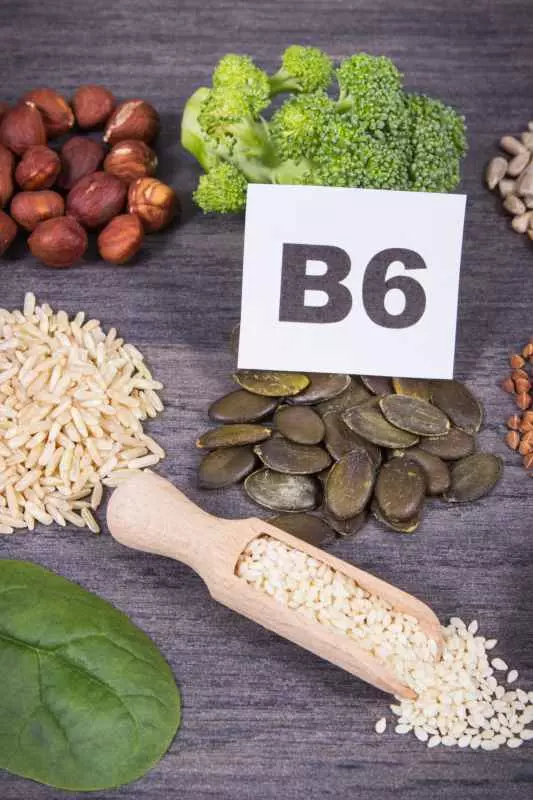Dietary recommendations for people with hyperhomocysteinemia
Hyperhomocysteinemia is a condition in which the level of homocysteine in the blood is elevated. Homocysteine is an amino acid that is a product of the metabolism of methionine another amino acid. High levels of homocysteine can be associated with a higher risk of many diseases, such as heart disease, stroke, diabetes and even some types of cancer.
Diet plays a key role in regulating homocysteine levels in the blood. There are many nutrients that help lower it. It is worth finding out what the dietary recommendations are for people with hyperhomocysteinemia so that they can maintain healthy homocysteine levels.
Fiber and vitamin B6
One of the most important factors affecting blood homocysteine levels is the amount of fiber consumed in the diet. A diet rich in fiber helps lower homocysteine levels by regulating the metabolism of the amino acid. Consuming 25-30 grams of fiber a day can help maintain healthy homocysteine levels.
Vitamin B6 is also essential for homocysteine metabolism. It is an important vitamin that helps convert homocysteine into other safe substances. Eating foods rich in vitamin B6, such as meat, fish, eggs, nuts and spinach, can therefore be beneficial for people with hyperhomocysteinemia.
Vitamin B12 and folic acid
Vitamin B12 and folic acid also play an important role in homocysteine metabolism. Low levels of these nutrients can lead to elevated homocysteine levels in the blood. Therefore, it is important to eat foods rich in vitamin B12 and folic acid.
Vitamin B12 is mainly found in animal products, such as meat, fish, eggs and dairy products. Folic acid, on the other hand, is found in leafy greens, broccoli, beans, oranges and other citrus fruits. People with hyperhomocysteinemia should therefore have these foods on their plate.
Supplementation
Sometimes it is difficult to provide the body with sufficient nutrients through diet alone. In such cases, supplementation is recommended. Vitamin supplements containing adequate amounts of vitamins B6, B12, folic acid and other ingredients can help maintain healthy levels of homocysteine in the blood.
However, it is important to remember that nutritional supplements are not a substitute for a healthy diet. They are only supportive and should be used under the supervision of a doctor or nutritionist.
Other factors affecting homocysteine levels
In addition to diet, there are other factors that can affect homocysteine levels in the blood. These include smoking, excessive alcohol consumption and certain genetic diseases. Therefore, it is important to lead a healthy lifestyle, which includes stopping smoking, limiting alcohol consumption and regular physical activity.
The conclusion is that diet plays a significant role in regulating homocysteine levels in the blood. Eating foods rich in fiber, vitamin B6, B12 and folic acid can help maintain healthy levels of this substance. In cases where the diet does not provide adequate amounts of nutrients, supplementation is recommended. However, remember that supplements should not replace a healthy diet and should be used under the supervision of a specialist. Finally, don't forget about other factors contributing to hyperhomocysteinemia, such as smoking and excessive alcohol consumption. Take care of your health and a properly balanced diet to keep your blood homocysteine levels in check.

Add comment